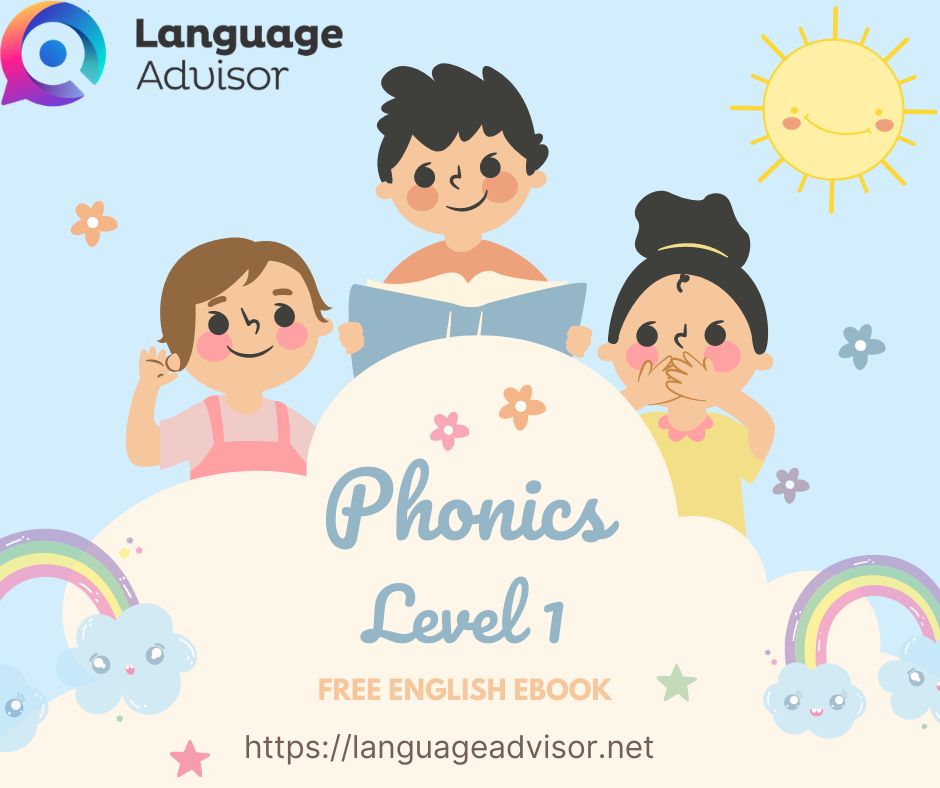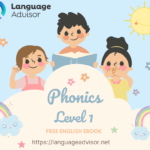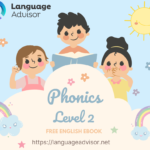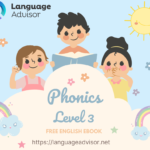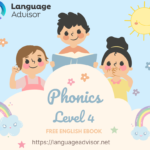Phonics Level 1 – Ebook is the first stage of the phonics teaching programme. At this stage, the focus is primarily on developing speaking and listening skills.
Phonics Level 1 – Ebook
Phonics Level 1 – Ebook
Phonics Level 1 is the first stage of the phonics teaching programme. At this stage, the focus is primarily on developing speaking and listening skills.
Speaking and listening are an important set of literacy skills that will create the foundation to a lot of your children’s further learning.
Listening requires the fundamental skill of focusing attention on the speaker to be able to hear and understand what the speaker is saying. Speaking skills require students to take turns, speak confidently, stay on topic, and speak with clarity.
Phonics Level 1 also lays the foundation for further Phonics Level 2 stages.
Phonics Level 1 skills that are developed at this stage include:
- Environmental sounds
- Instrumental sounds
- Body percussion (e.g. clapping and stamping)
- Rhythm and rhyme
- Alliteration
- Voice sounds
- Oral blending and segmenting (e.g. hearing that d-o-g makes ‘dog’)
The purpose of these different aspects is to develop students’ language abilities in the following ways:
- Learning to listen attentively
- Enlarging their vocabulary
- Speaking confidently to adults and other children
- Discriminating between different phonemes
- Reproducing audibly the phonemes they hear
- Using sound-talk to segment words into phonemes
Why is phase 1 phonics important?
In Phase/Level 1, children do not learn any letters or the sounds they make. The purpose of Level 1 is to develop children’s listening and communication skills. including their vocabulary, to prepare them for reading and writing in the next phase/level. If children do not fully develop these skills it can mean that they may struggle to hear the individual sounds in words, which can mean children find it much harder to spell and blend sounds for reading.
How can I help children with Phase 1 Phonics?
It is important to remember that you don’t have to teach children the 7 aspects in any particular order. You can just make teaching phase 1 phonics part of your every day activities by getting children to listen to the sounds around them.
You could try:
- Listening and comparing the sounds of different toys or musical instruments
- Making sounds a part of your storytelling
- Singing songs and rhymes
- Clapping along to words or songs
- Introducing rhyming words

All downloads are in PDF format
BROWSE THE EBOOK ONLINE OR DOWNLOAD THE PDF FOR FREE




